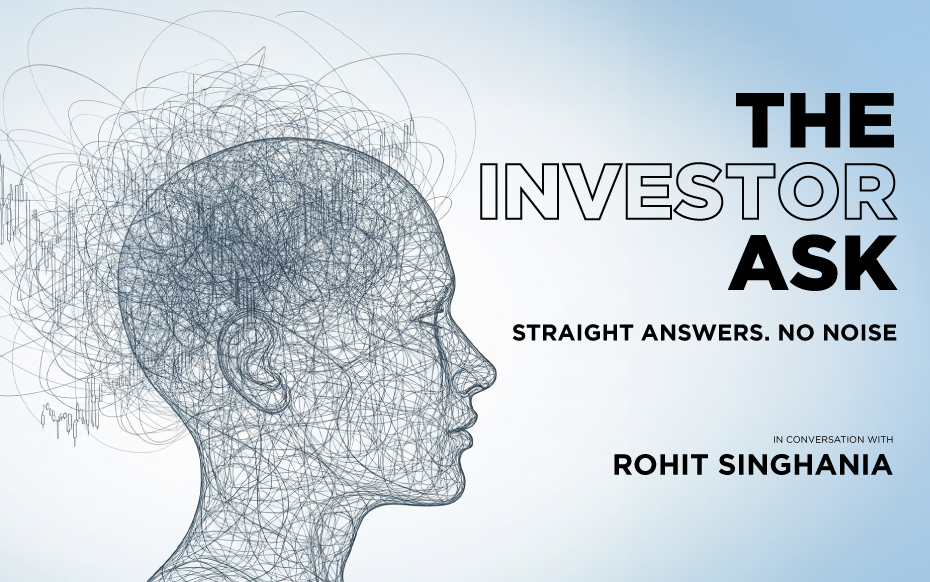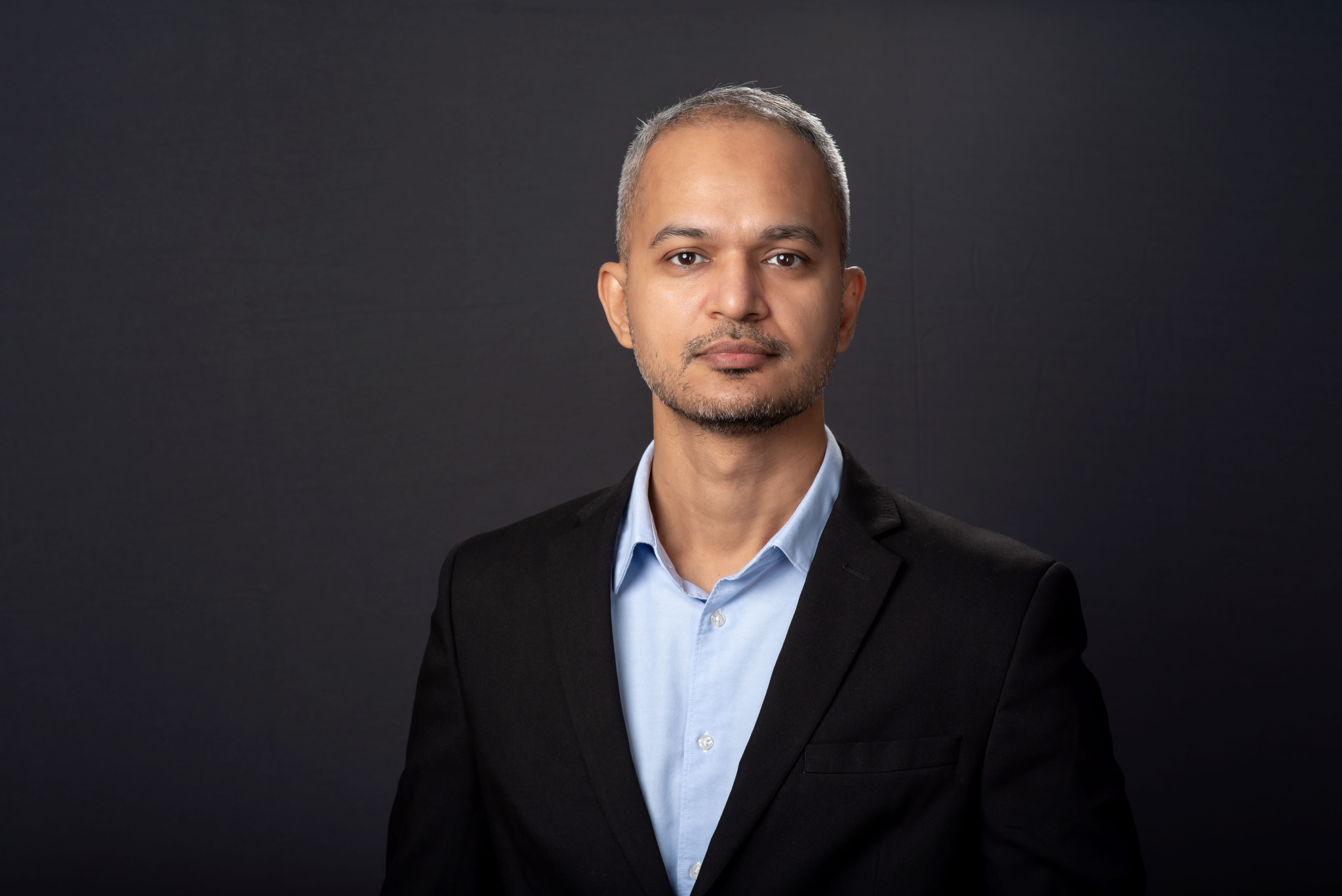Summary
“Investor Ask” is a series that focuses on the questions on the minds of our investors, answered directly by their fund managers. No sugar-coating. Just real conversations about how your money is managed.
In this edition, we pick up an insightful conversation from The Ramneek Kundra Show, where Rohit Singhania (Fund Manager), opens about his philosophy, mistakes, and what really drives his decisions.
1. If investors can’t always see performance, what should they trust?
I never say I’m buying stocks for five or ten years.
I don’t buy with a fixed 10-year horizon. I don’t think it’s realistic. What I do is look at the next 18 to 24 months. Every quarter results come in, every six months balance sheets are released and I keep checking if they are in line with my expectations. If they are, I continue to hold and roll the view forward. That way, the process is dynamic, disciplined, and based on real numbers rather than assumptions about the distant future.
2. Do you ever overpay for a stock?
You can’t fight the business momentum.
Yes, sometimes I do. There are moments when the delivery of a business is so strong that valuations alone can’t be the deciding factor. You can’t fight business momentum. If the company is compounding consistently, it makes sense to pay a premium. Over the years, I’ve learned to adapt my framework, it’s not about overpaying blindly, but about recognising when the growth is sustainable enough to justify it.
3. How do you think about quality vs. low quality businesses?
Every business is a good business, they have cycles.
I don’t like the labels of “low quality” and “high quality.” Every business has a cycle. What matters is whether it contributes to NAV growth for the right reasons. I would rather own a cyclical business that delivers strong returns in its upcycle than hold a so-called quality stock that doesn’t generate meaningful returns. To me, it’s about timing, discipline, and recognising that cycles drive outcomes.
4. Can you share a mistake that changed your perspective?
That was a mistake I made in the 2018-19 period.
When I started, I was driven purely by valuations. In 2016-17, I would ignore companies growing at 30% because they looked expensive and focus on cheaper ones growing at 10%. That was a mistake. In 2018-19, I realised that consistent growth deserves a premium. You don’t want to overpay blindly, but you also can’t undervalue strong execution and business durability. That learning changed the way I look at stocks and helped me evolve as an investor.
5. Why Indus Towers when everyone was buying Bharti Airtel?
Everyone was bullish on Bharti… we saw Indus Towers as the second-derivative play.
When the market consolidated to three big players, Bharti Airtel was the obvious favourite. We were bullish on it too. But I asked myself, who else benefits from telcos expanding? The answer was towers. When we met Indus’ management, their clarity on expansion and debt gave us comfort. So yes, we held Bharti, but we also bought Indus Towers as a second-derivative play at the right price. Sometimes, looking one layer deeper in the value chain can make all the difference.
6. Do you regret selling too early sometimes?
I will not be wondering ‘what if it goes up'.
Of course, there have been times when I sold too early. But I follow a framework. At any given price, I ask myself: am I comfortable with the outlook? How does this compare with other opportunities in the portfolio? If the stock looks expensive or has already done its job, I exit. I don’t waste time thinking “what if it goes up.” That kind of thinking traps you and stops you from moving capital to better ideas. For me, discipline in selling is just as important as conviction in buying.
7. What roles do your analysts and research team play?
I truly believe having a good analyst team is really helpful.
A strong analyst team is critical. As a fund manager, you can’t know everything. The depth analysts bring through detailed models, management interactions, and forensic checks gives me a much stronger base. At DSP, we track more than 300 companies every quarter with updated models. That’s the kind of preparation that allows me to take decisions confidently. Running the portfolio is my job, but sourcing and shaping new ideas that’s where the analysts play a vital role. Without them, it would be impossible to run the portfolio at this scale.
Editor’s Note: What sets Rohit apart is not a fixed playbook, but a willingness to evolve. He admits mistakes, challenges labels like “quality vs low quality,” and focuses on cycles over noise.
As Ramnik Kundra summed it up:
“…we are not talking about performance. We are talking about the thinking that drives it.”
Watch the full episode of The Ramneek Kundra Show
Industry insights you wouldn't want to miss out on.
Disclaimer
This Blog is for general information purposes only and contains the personal views of the Fund Manager. It should not be construed as investment advice. Viewers are advised to conduct their own investigation and seek appropriate professional advice before making any investment decisions. DSP Asset Managers Pvt. Ltd. (“the AMC”) has used information that is publicly available, including data developed in-house. While such information is believed to be reliable, neither the AMC nor any connected person warrants its completeness or accuracy, and disclaims all liabilities, losses, or damages arising from its use.
The investment approach, framework, or strategy mentioned herein is currently followed by the scheme and may change in the future depending on market conditions and other factors. Any opinions, figures, charts, or projections are subject to change without notice and may not remain relevant. Statements herein may include forward-looking statements that involve risks and uncertainties which could cause actual results to differ materially.
Any reference to sectors, stocks, issuers, or companies is purely illustrative. Such references should not be considered as recommendations to buy, sell, or hold any security, nor as an indication of future performance. The AMC, its affiliates, or schemes may or may not have any current or future positions in these securities.
Past performance may or may not sustain in the future and should not be used as a basis for comparison with other investments. There is no assurance of any returns/capital protection/capital guarantee in DSP schemes.
Mutual Fund investments are subject to market risks, read all scheme related documents carefully.
Other Blogs
Sort by
 Account Statement
Account Statement  Capital Gain Statement
Capital Gain Statement  Key Information Memorandum
Key Information Memorandum  PAN Updation
PAN Updation  Register / Modify KYC Online
Register / Modify KYC Online  Nominee Registration
Nominee Registration  Email / Phone Updation
Email / Phone Updation  OTM / eNACH Registration
OTM / eNACH Registration  Guidelines for Incapacitated Investors
Guidelines for Incapacitated Investors  FAQs
FAQs Reach us
Reach us



















Write a comment